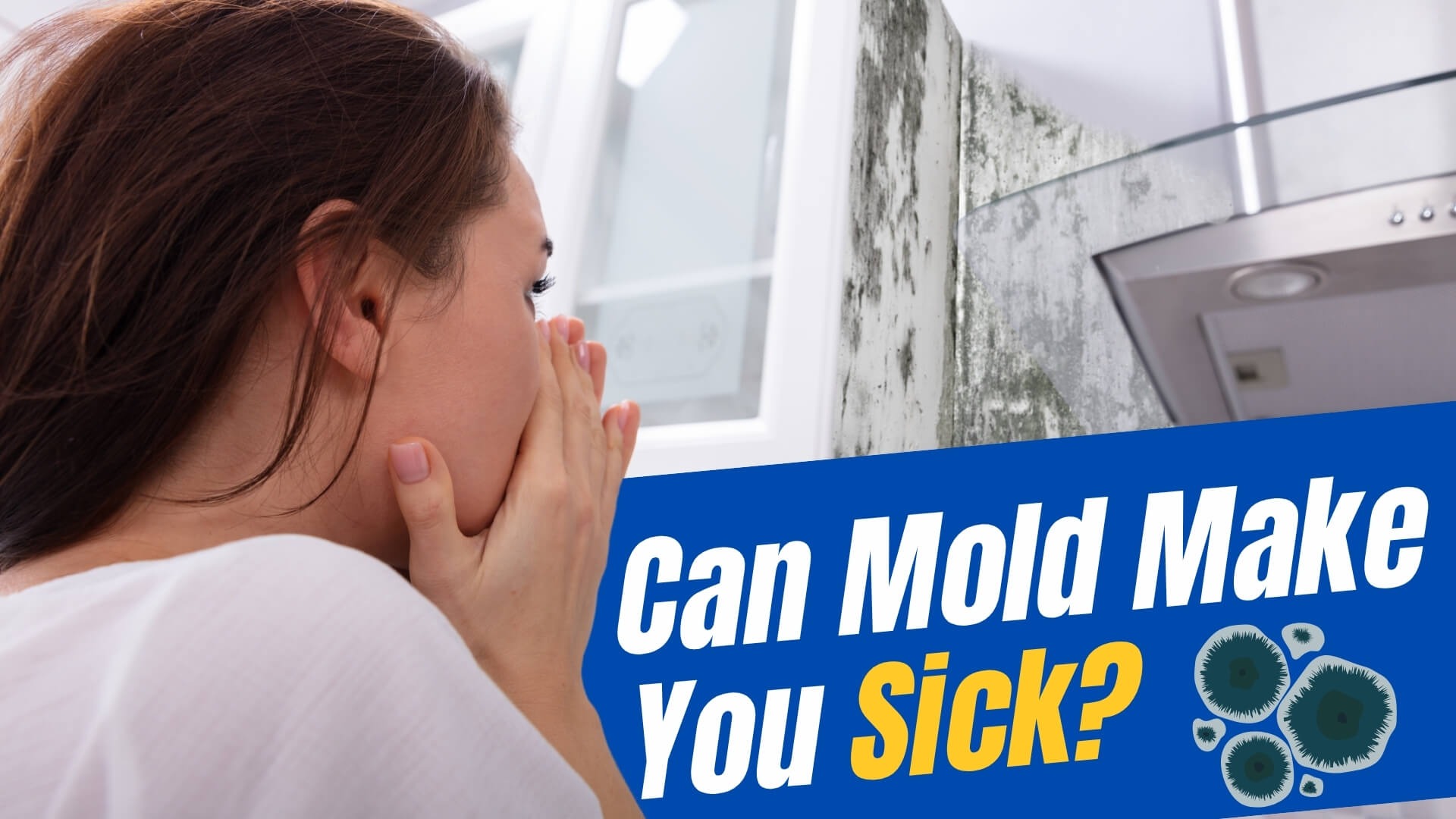
Unveiling the Hidden Dangers of Mold
When we think about our homes, we often focus on aesthetics, comfort, and the latest decor trends. However, even the coziest nooks and crannies can harbor dangerous health threats, with mold at the forefront. Exploring the question, can mold make you sick? reveals a stark truth: it can.
In 'Can Mold Make You Sick?', the discussion dives into the risks associated with mold exposure, exploring key insights that sparked deeper analysis on our end.
Understanding Mold and Its Implications
Mold grows in damp environments, releasing spores that float invisibly through the air. For some individuals, especially those with allergies, asthma, or weakened immune systems, these spores can spell disaster. Symptoms often include persistent coughing, sneezing, headaches, and itchy eyes or skin. With such widespread effects, it’s a serious issue that demands attention, especially for families with young children or elderly members, who are more vulnerable to its effects.
Why Your Home May Be a Mold Hotspot
Water damage and musty smells should never be underestimated. These are not just signs of a minor issue; they are alarms signaling potential mold growth. This stealthy invader doesn’t always announce its presence visually; it can thrive in hidden spaces, like behind your walls, under your floors, and even in your HVAC systems. By the time you've noticed, mold could have already begun impacting your health.
Common Misconceptions About Mold
One misconception is that mold only affects homes with obvious water damage. However, mold can thrive in clean-looking environments if humidity levels are high or if there are small leaks. Ignoring the musty smell after a flooding incident can lead to prolonged exposure to spores, resulting in far graver health issues than just a scratchy throat.
Health Risks Associated with Prolonged Exposure
Prolonged exposure to mold isn’t just unpleasant; it can lead to significant health complications. Respiratory infections and long-term lung irritation can develop, seriously affecting daily activities, particularly for those with pre-existing respiratory conditions. Children and seniors, whose immune systems are typically more fragile, face the highest risks. Being a vigilant homeowner is crucial to maintaining a healthy living environment.
Recognizing the Signs of Mold
How do you know if mold has infiltrated your space? Look for clues such as a musty smell, visible growth in damp areas, or unexplained health symptoms. If suspicion arises, early action is vital. Engaging a professional inspection can help uncover hidden problems before they escalate.
Taking Action: The Role of Professional Services
Addressing mold issues isn’t just a matter of aesthetics; it’s about health and safety. Professionals like Gold Coast Flood Restorations can provide expert inspections and mold testing, ensuring that homes are treated efficiently and thoroughly. Their expertise can be invaluable in identifying and resolving mold-related issues quickly, ultimately helping families breathe easier at home.
How to Prevent Mold Growth
Prevention is often the best approach when it comes to mold. Keeping your home dry is paramount: repair leaks promptly, use dehumidifiers, and ensure proper ventilation, especially in areas like kitchens and bathrooms. Regular inspections can also prevent mold growth by catching potential issues before they worsen.
Final Thoughts: Mold Is No Joke
Considering the severity of mold’s impact on health and well-being, it’s clear that asking can mold make you sick? is not just a rhetorical question. It is a call to action for homeowners to remain vigilant, recognize the signs of mold growth, and take necessary steps to keep their living spaces safe.
If you suspect mold could be a hidden issue in your home, it’s time to act. Contacting Gold Coast Flood Restorations for an inspection might just be the key to ensuring your family breathes easy in their own home.



Write A Comment